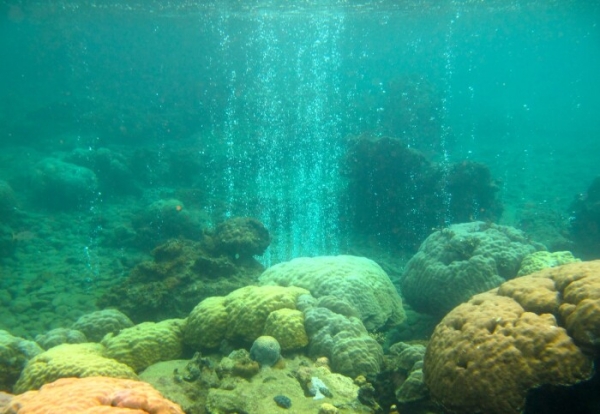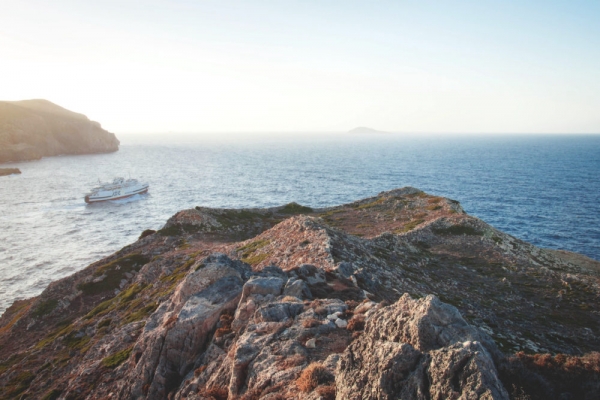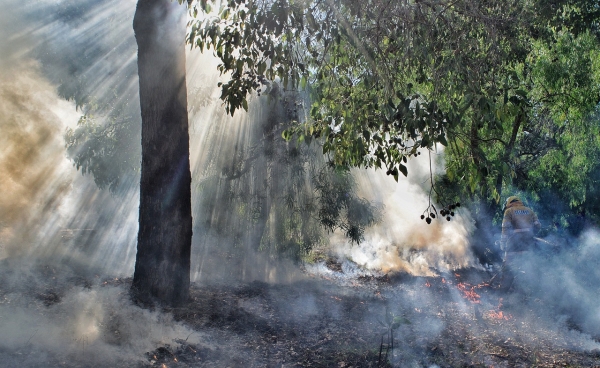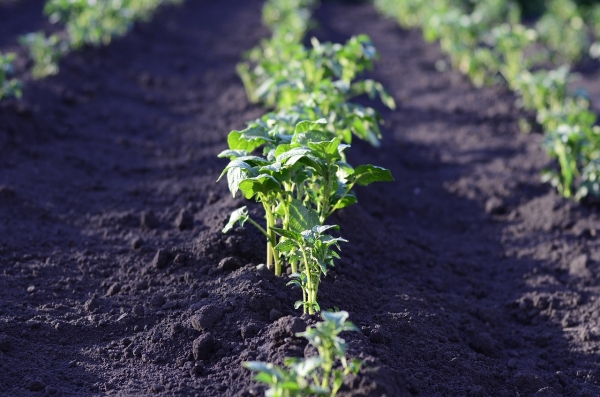A new study shows that ocean acidification is changing the mix of microbes in coral reef systems, which can be used to assess ecosystem health.
articles
Greece to Expand Protected Waters, End Bottom Trawling
Greece plans to create two large marine parks and end bottom trawling, it announced Tuesday.
CO2 Worsens Wildfires by Helping Plants Grow
By fueling the growth of plants that become kindling, carbon dioxide is driving an increase in the severity and frequency of wildfires, according to a UC Riverside study.
Plant Sensors Could Act as an Early Warning System for Farmers
Sensors that detect plant signaling molecules can reveal when crops are experiencing too much light or heat, or attack from insects or microbes.
Trash to Treasure – Researchers Turn Metal Waste Into Catalyst for Hydrogen
Scientists have found a way to transform metal waste into a highly efficient catalyst to make hydrogen from water, a discovery that could make hydrogen production more sustainable.
Florida Wildlife Corridor Eases Worst Impacts of Climate Change
From rising temperatures and altered precipitation patterns to intense weather events such as hurricanes, Florida is experiencing significant climate-related challenges in tandem with skyrocketing insurance rates.









